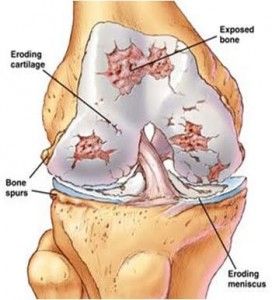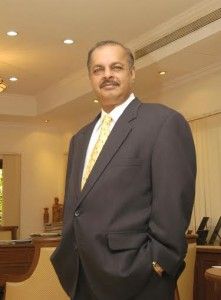
Women have a critical role to play in every fragment of the society. Her involvement is for the betterment and improvement of those around her, be it at home or her work place.
While women in the modern society are burdened with meeting demands both at the personal and professional front, the millions of women in rural societies still subject themselves to a number of laborious physical tasks. No matter which society she is in, women are under constant stress and in continuous need of nutrition.
Women also undergo a number of physiological changes through the different reproductive stages of their life cycle. These phases are associated with fluctuations in their essential hormone levels. One such hormone is estrogen, which is in highest concentration during the fertile reproductive phase. However, during the postmenopausal phase of women, the
estrogen levels drop down significantly which in turn cause bones to become brittle and more susceptible to fractures. This leads to conditions such as Osteoporosis, which is a serious concern to millions of women across the globe.
Osteoporosis:
The word osteoporosis means “porous bone.” Osteoporosis is a condition where there is
imbalance in the activities of osteoclasts (cells responsible for bone loss) and osteoblasts
(cells responsible for bone formation). This leads to a reduction in bone mass and density
thus making them weak and easier to break.

Data from the World Health Organization (WHO) and the International Osteoporosis Foundation (IOF), reveal that osteoporosis is second only to cardiovascular disease, as a global healthcare problem. It is alarming to know that The International Osteoporosis foundation indicates that Worldwide, osteoporosis causes more than 8.9 million fractures annually, resulting in an osteoporotic fracture every 3 seconds, 200 million among them being women. As per statistics, 1- in-2 women of age 50 usually suffer an osteoporosis related fracture in their lifetime.

While there are different forms of Osteoporosis, the form of osteoporosis most common in women is after menopause commonly known as primary or postmenopausal osteoporosis. It has been observed that for many women, a rapid loss of bone takes place during the immediate five to seven years after menopause. In fact, women can lose up to 20 percent of their bone density during this time.
Fortunately though, postmenopausal osteoporosis is a condition that can be taken of through the most natural means. This essentially can be achieved by making healthy choices and supplementing our body with the right enriched nutrients.
The perspective about a Health supplement is no longer limited to the consumption of classic carbohydrates, proteins, vitamins & minerals. Currently, complete or wholesome nutrition has moved beyond this and is better known as PHYTONUTRITION. Phytonutrients may be defined as natural compounds present abundantly in the plant world. They are more popularly categorized as Anti-oxidants, Phyto-sterols (plant sterols), Non-digestible (non-starch) carbohydrates such as tannins, pectin, cellulose, hemi-cellulose, mucilage, etc.,

Natural acids, Enzymes and lecithin. Each of these nutrients through their unique and different mechanisms of action, are reported to help slow down the aging process and may
help promote a hale and healthy life.
While the most important supplement to manage osteoporotic conditions is Calcium, it is a misconception that Calcium alone is required to overcome osteoporosis. The most
important risk factors for osteoporosis in women also to do with estrogen deficiency following menopause resulting in rapid reduction of bone mineral density. Calcium without Estrogen is not beneficial.
Natural compounds that mimic the activity of estrogen are known as phytoestrogens. Phytoestrogens from Soya beans is a common example of dietary estrogens that help in
maintaining or improving skeletal health. Similar phytoestrogen rich extracts from Red clover and Cissus quadrangularis have also been clinically tested to improve bone thickness
and in effect reduced risk of bone breakage.

As a cultural practise in several parts of the world, women are probably the last to have a
meal and on occasions have the least as well. She takes it on her to cater to the rest of the
family and gives herself minimal attention. However, complete nutrition needs to be paid
attention to for women since it is her health which reflects on the health of the rest of the
family.
It is women who carry the burden of their families’ health ensuring the best is served to
them. Let us remind her, that we are here to CARE FOR HER!
By Dr Majeed, Founder and Managing Director, Sami Group.













